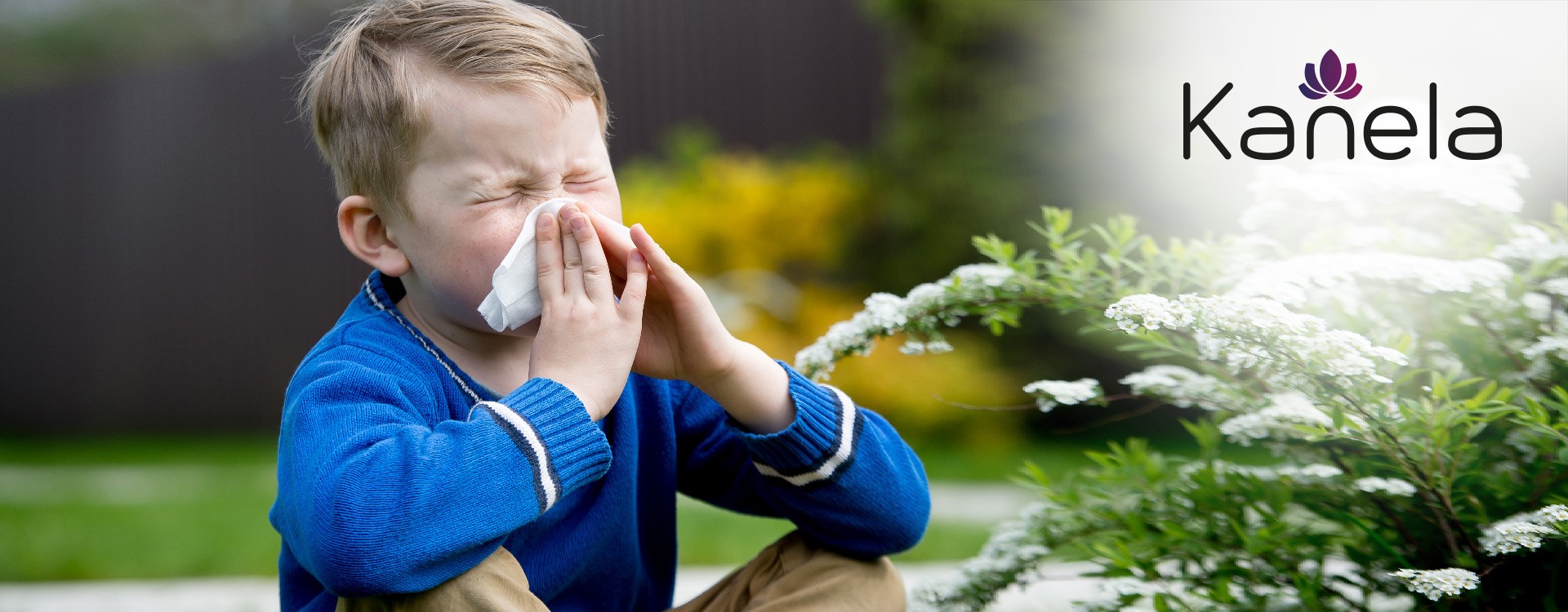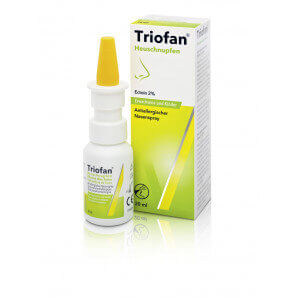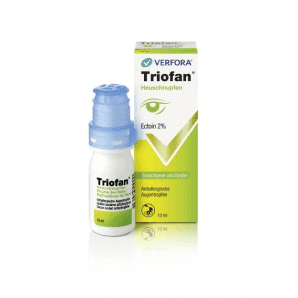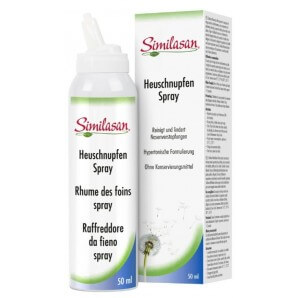-
nutrition
-
Food Supplement
- nutritional supplements by topic
- amino acids
- Minerals
- vitamin preparations
- Fatty acids
-
superfood supplements
- acerola
- aronia
- artichoke preparations
- ashwagandha
- astaxanthin
- brewer's yeast
- bee pollen
- camu camu
- chlorella
- spelled grass
- echinacea
- barley grass
- ginkgo
- grapefruit seed extract
- guarana
- green-lipped mussel
- ginger preparations
- garlic capsules
- turmeric Supplements
- maca
- moringa
- OPC
- roseroot
- saffron preparations
- spirulina
- préparations de la griffe du diable
- medicinal mushrooms
- frankincense preparations
- wheatgrass
-
Food
- healthy snacks
-
beverages
- soft drinks
- Coffee
- milk substitute
- whey drinks
- Juice
- syrup
-
tea
-
various types of tea
- nettle tea
- chai tea
- verbena tea
- fennel tea
- lady's mantle tea
- fruit tea
- green tea
- rosehip tea
- hemp tea
- hibiscus tea
- elderflower tea
- ginger tea
- camomile tea
- herbal tea
- lavender tea
- lime blossom tea
- dandelion tea
- mate tea leaves
- melissa tea
- mint tea
- oolong tea
- orange blossom tea
- marigold tea
- rooibos tea
- rosemary tea
- sage tea
- yarrow tea
- black tea
- licorice tea
- thyme tea
- verbena tea
- alkaline tea
- relaxation tea
- women tea
- love tea
- sleep tea
- pick-me-up tea
- tea selection boxes
- digestive tea
- christmas tea
- winter tea
-
various types of tea
- chewing gums & bonbons
- gluten Free Foods
- cooking & baking
- muesli
- sweets
- diet products
-
Food Supplement
-
sport
- muscle / joint pain
- sports nutrition
- Sport drinks
- fitness & gymnastics
- sports drinking bottles
- racket sports
- water sports & fun
-
personal care
- bath & shower
- fragrances
- facial skincare
- haircare
- hands & feet
- body & skincare
- intimate care
- make-up
- mouth & teeth
-
Health
- allergies & skin diseases
- bladder & prostate
- Diabetes
- blood circulation
- Withdrawal
- Cold & Flu
- Equipment & Fasttests
- hygiene & medical supplies
- Incontinence
- Love Life
- Stomach & Gut
- Restlessness & Sleep Disorders
- Wound care
-
Mother & Kids
- Pregnancy
- Breastfeeding
- baby
- kids
-
home use
- bathroom accessories
- office supplies
- electrical supplies
- garden & pests
- pillows & Blankets
- kitchen utensils
- lamps
- party items
- room fragrances
- cleaning products
- textiles
- pet supplies
- Sale
- Gifts
- New products
- Subscription
- Brands
-
4.9/5
1'040 Google-Reviews
Hay fever in children
The most important things in brief
- One of the disadvantages of our civilization is that some people are allergic to a few things, including bee pollen.
- In Switzerland, about every fifth inhabitant is affected by hay fever.
- And children are not immune to this allergic reaction either.
- Read also some tips on how you can help your child with acute symptoms and what immunotherapy can do.
In Switzerland and throughout Central Europe, hay fever is the allergy that is most widespread. Many of those affected already show reactions when it is actually still winter. If your child seems to catch colds unusually often, have the pediatrician do an allergy test to be on the safe side. Although children are not affected quite as often as adults, if they are, they often suffer even more severely from the symptoms.
How does hay fever manifest itself in children?
In fact, at a very young age, around the age of 2 or 3, children rarely suffer from pollen allergies. However, you should not rule out this disease, even if the risk of young people being allergic to pollen only increases with age. But it's better to be a little too careful than too careless; take your child to the doctor if you see any of the following reactions.
Children with hay fever sneeze more often than those with a cold, and have a runny nose rather than a stuffy nose. Alarm signals that you should pay attention to are the eyes: if they burn, water and itch and are more or less red, then this also indicates a pollen allergy. Shortness of breath can also be the result of a hay fever reaction in children, as well as coughing, a sore throat and excessive tiredness due to sleep disorders, which also occur with a pollen allergy.
Hyposensitization is recommended for children
Hay fever in children before the age of seven is still very rare, but after that the risk increases. Among young children, boys are affected more often than girls. But it doesn't matter how old your child is: After the diagnosis of "hay fever" you should definitely consider immunotherapy. Children are given the pollen regularly by syringe for at least three years.
This should cause the organism to get used to the pollen that triggers the allergy. In the medium and long term, this aims to prevent an immune reaction when the mucous membranes come into contact with pollen. This method, also known as desensitization, is particularly valuable once the doctors have found out which types of pollen your child reacts to with hay fever.
Always have children treat hay fever
Drops for the nose and eyes, tablets or nasal sprays are always recommended for acute treatment. Avoid drafts in your home by keeping windows closed - and don't send your child outside unless absolutely necessary.
It is imperative that your child has immunotherapy for hay fever, or at least treats the symptoms with antihistamines or corticosteroids - pills, eye drops, nasal spray, etc. If the allergic reaction is left untreated, there is a risk that the upper airways will be permanently irritated and this disorder will spread to the bronchi. About three out of ten people with a hay fever allergy who refuse treatment will develop asthma over time. So take your child's hay fever seriously and take countermeasures.
Related products
Related posts
-
 Which vitamins are important in winter?
All vitamins are important - all year round. In winter, however, some of these active ingredients are particularly...Read more
Which vitamins are important in winter?
All vitamins are important - all year round. In winter, however, some of these active ingredients are particularly...Read more -
 What are the symptoms of a vitamin D deficiency?
Are you unmotivated, tired, sleepless and listless in autumn and winter? Vitamin D deficiency could be a reason for...Read more
What are the symptoms of a vitamin D deficiency?
Are you unmotivated, tired, sleepless and listless in autumn and winter? Vitamin D deficiency could be a reason for...Read more -
 Hygiene and face masks - what types are there?
Posted in: Health20.10.2020Hygiene and protective masks have always been useful in hospitals, in medical practices and in care, Corona has made...Read more
Hygiene and face masks - what types are there?
Posted in: Health20.10.2020Hygiene and protective masks have always been useful in hospitals, in medical practices and in care, Corona has made...Read more -
 What are insomnia and what can you do about it?
Posted in: Health23.10.2020Sleeping seems like a simple thing. And yet many people suffer from insomnia, difficulty falling asleep and staying...Read more
What are insomnia and what can you do about it?
Posted in: Health23.10.2020Sleeping seems like a simple thing. And yet many people suffer from insomnia, difficulty falling asleep and staying...Read more -
.jpg) FFP1, FFP2, FFP3 - what are the differences between the masks?
Posted in: Health23.10.2020The FFP mask can now be seen more and more often in public, no longer just in nursing or in the medical field. Not...Read more
FFP1, FFP2, FFP3 - what are the differences between the masks?
Posted in: Health23.10.2020The FFP mask can now be seen more and more often in public, no longer just in nursing or in the medical field. Not...Read more






